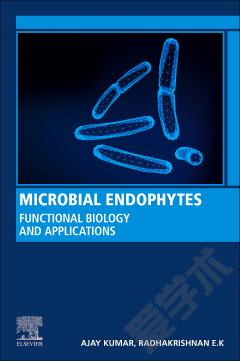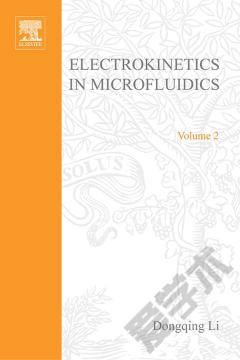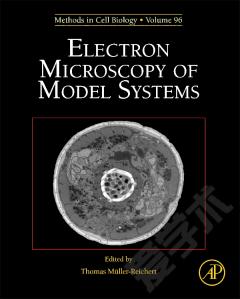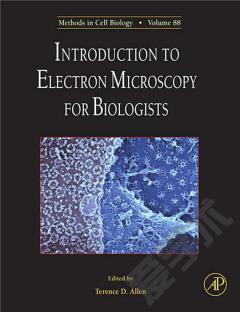Functional Electrodes For Enzymatic And Microbial Electrochemical Systems
Bioelectrochemical Systems (BESs) are innovative and sustainable devices. They combine biological and electrochemical processes to engineer sensors, treat wastewater and/or produce electricity, fuel or high-value chemicals. In BESs, scientists have managed to incorporate biological catalysts, i.e. enzymes and/or microorganisms, and make them work in advanced electrochemical cells. BESs operate under mild conditions — at close to ambient temperature and pressure and at circumneutral pH — and represent a sustainable alternative to precious metal-based systems. Incorporating biological catalysts into devices while maintaining their activity and achieving electrical communication with electrode surfaces is a critical challenge when trying to advance the field of BESs.From implantable enzymatic biosensors to microbial electrosynthesis, and from laboratory-scale systems and fundamental studies to marketed devices, this book provides a comprehensive overview of recent advances related to functional electrodes for BESs. Suitable for researchers and graduate students of chemistry, biochemistry, materials science and environmental science and technology.
{{comment.content}}








 京公网安备 11010802027623号
京公网安备 11010802027623号